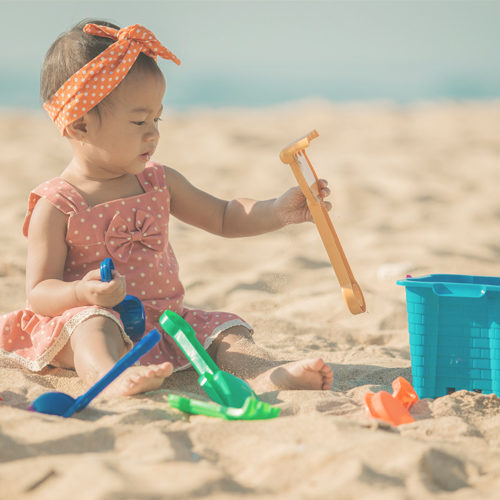Play: Why it is important for learning and development in the early years

Play is a crucial part of a child’s learning and development in the early years of life. It is through play that Your Child learns motor skills, language, and communication, as well as how to solve basic problems. For this reason, the best schools around the world are developing programs that provide more opportunities to play.
Play can take any form
Play can happen anywhere — in the streets, classrooms, playgrounds, or village squares — and it can be in any form. It doesn’t matter the culture or economic background a child grows up in, during those early years of life, children love to play whenever they see the opportunity. For kids, anything can be an instrument for play.
3 Features of purposeful play
Despite the ubiquitous nature of play, there are key features that define a playful experience for Your Child:
- Play has to be born out of your child’s initiative and personal choice
- Even, when playing with you or another adult, Your Child should take the leading role — you follow that lead
- Your Child may prefer to go at it alone without outside intervention — respect that
Why play is important for learning and development
The importance of play in a child’s development is numerous. Apart from helping children to develop language skills, imagination, emotional stability, social skills, and creativity, play brings the following benefits to kids:
- Play helps children become actively engaged: When playing, children fully immerse themselves in what they are doing, engaging their physical, mental, and emotional faculties at the same time. This improves their ability to focus on tasks in the future.
- Play involves social interaction: During play, children are able to communicate their ideas, listen to one another, and understand more about themselves. All these pave the way to building deeper understanding and better relationships.
- Play helps children to make sense of things: Typically, children play to explore and understand the world around them and make sense of their experiences by connecting it to something they already know.
- Play brings joy: Despite the frustrations and challenges that may be involved, children usually enjoy themselves while they play. The fun, pleasure, thrill, and motivation that play brings are essential for Your Child’s emotional development.
- Play improves skills: Play is iterative, and repeating the same play, Your Child is equivalent to practicing an old skill, acquiring new ones, trying out new possibilities, discovering new ways of doing things, and encountering new challenges. All these lead to deeper learning and increased self-confidence.
Verified:
Dr. Ketsupa Jirakarn (Mental health specialist) (31 March 2021)



